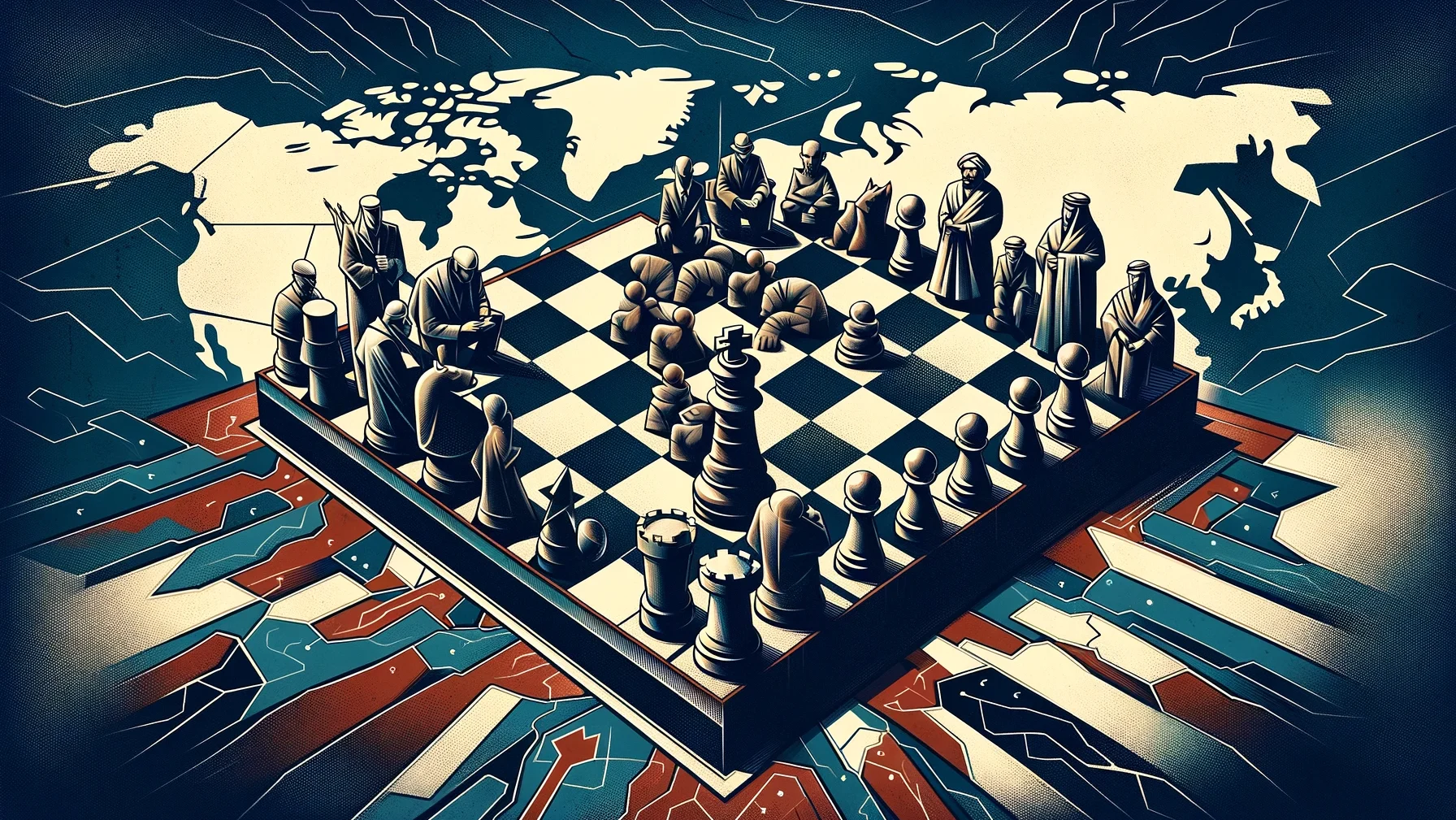Saudi Arabia, the Palestinians, and Israel’s Opposition Parties
Yedioth Ahronoth, Israel, September 28
Since the establishment of the Netanyahu government nine months ago, the opposition has been given every opportunity it can to flourish. Sadly, it didn’t lift a finger. Benjamin Netanyahu presented the goals of his coalition in December 2022 (defeating the Iranian threat, developing Israel’s infrastructure, and expanding the circle of peace with Arab countries), but then Minister of Justice Yariv Levin arrived with his legal reform plan and the rest is history. The protest movement took over the public space. And somehow, out of nowhere, a potential Saudi peace deal has come to life. Perhaps not by his own initiative or fault, Netanyahu was presented by the White House with this unique, historic opportunity. Netanyahu, who never thought twice about stealing others’ credit, immediately launched a campaign as if he were the one playing the US president and Saudi crown prince on the chessboard. In his speech at the United Nations, he launched the logo and slogan of the campaign: “A new map of the new Middle East.” And what will the opposition do? The fight against the legal revolution suddenly seems irrelevant. It is difficult to assume that Netanyahu will waste all of his political capital on the judicial reform when he so desperately needs the support of the Israeli public, as well as that of the Democratic Party in the US. Opposition leaders Yair Lapid and Benny Gantz will have to present their own plan to deal with the agenda that Netanyahu is leading. Peace with Saudi Arabia is a magical message to Israel’s left wing, and it will be necessary to find a distinction between Netanyahu’s “peace” and the vision for “peace” promoted by Lapid’s and Gantz’s parties. Saudi Arabia is not a country in conflict with Israel and there is no need to bridge the gap on questions of borders or security arrangements. At issue is the problem of allowing an Arab country to enrich uranium (for civilian use at this stage), which, according to publications, Netanyahu is ready to support. This is mainly an issue for America, which prefers to exert its control over Riyadh instead of sitting idly by as China does so. The main dispute between the political blocs in Israel will now revolve around the question of the settlement with the Palestinians that Saudi Arabia demands. As a part of the deal, Riyadh wants the Israeli government to adopt some form of the two-state solution, the cessation of construction of settlements in Judea and Samaria, and the transfer of territories to the Palestinian Authority. Here, Netanyahu will find opponents to this move within his own party, the Likud, and of course within his coalition’s far-right parties. Lapid and Gantz have so far avoided dealing with this hot potato and their catch is clear: if they support the normalization agreement, they will play into Netanyahu’s hands and glorify him. If they oppose the agreement, they will go against their electorate. Can the two continue to maintain a state of silence even in the face of the possibility that the Saudi peace will collapse? The key person at play is Gantz. Lapid is indeed the head of the largest party in the opposition, but he isn’t the head of the opposition in the public’s opinion. He was not perceived as a leading voice in the protest against the legal coup and his lack of military credentials will make him an easy target for Netanyahu’s poison machine. Gantz, with the assistance of Gadi Eizenkot, can be Yitzhak Rabin’s successor in demanding the promotion of a settlement with the Palestinians. He has the security authority and political positioning to fight the extreme right without shedding electoral blood. And above all, he actually has no other choice. Avoiding dealing with this issue, which is currently at the top of the political agenda, will call into question his ability to serve as prime minister one day. —Baruch Leshem (translated by Asaf Zilberfarb)


